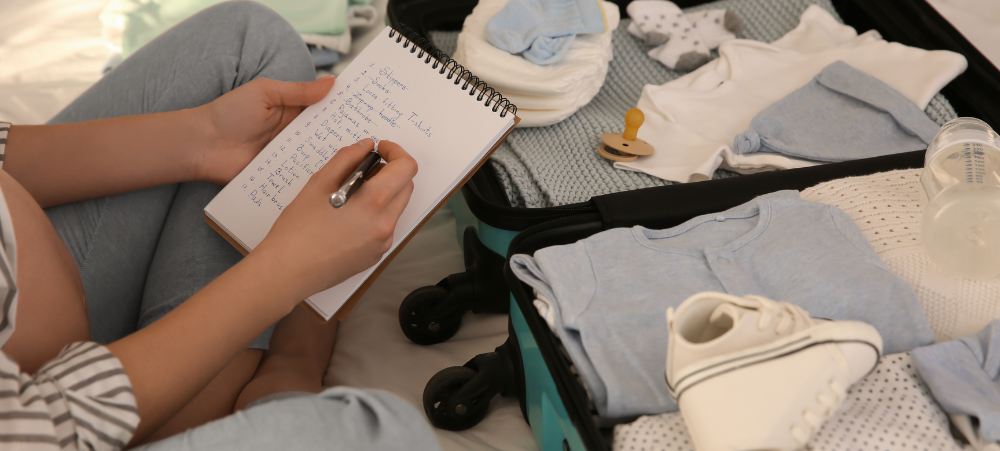Gestational hypertension is high blood pressure (the pressure of your blood on the walls of your blood vessels) during the later part of pregnancy, as opposed to chronic hypertension which is high blood pressure outside of pregnancy. Hypertension affects about 6 – 8 % of pregnant women, and unfortunately can negatively affect you and your baby.
How will I know if I have gestational hypertension?
You are more at risk if you’re carrying twins, are overweight, had high blood pressure, kidney disease or diabetes before becoming pregnant or are older than 40 or younger than 20.
Gestational hypertension is high blood pressure in the second half of pregnancy and some moms may not even realise that they have it – which is why regular check ups are important.
Unfortunately, high blood pressure during pregnancy can develop into preeclampsia. If left untreated, preeclampsia can lead to serious complications and even death. The most effective treatment of this is delivery of your baby (if possible). Symptoms of preeclampsia include headaches, nausea and excessive protein in your urine, with the most common first sign being a rise in blood pressure.
How can I avoid or treat hypertension?
Although there isn’t anything you can do to prevent hypertension(some variables such as age and number of babies you’re carrying is uncontrollable), you can try to keep yourself (and your baby) as healthy as possible during your pregnancy to help you control your blood pressure. Knowing your blood pressure level before getting pregnant, reducing your salt intake and regular exercise are all things you can do to help stay healthy and aware of your body’s condition. Going for regular checkups during your pregnancy will also help let you catch any problems early.
For 2025 we have a renewed Female Health Programme:In collaboration with CareWorks, it’s accessible to all female members aged 18 and above, with an emphasis on preventative care and early detection of female-specific health issues. In addition, we have an enhanced Maternity Programme to support expecting mothers. This includes early identification of and weekly engagement for high-risk pregnancies, post-childbirth care and associated mental health follow-up calls for new mums, given the prevalence of pre and postnatal depression. Also, milestone reminders for children under 3 and cover for antenatal vitamins through savings, day-to-day benefits or the Benefit Booster
Bonitas Medical Fund
0860 002 108
View Website: www.bonitas.co.za
- Symphysis pubis dysfunction (SPD) and to deal with it - January 5, 2026
- Putting together your birth plan - December 23, 2025
- Breastfeeding tips - December 15, 2025





